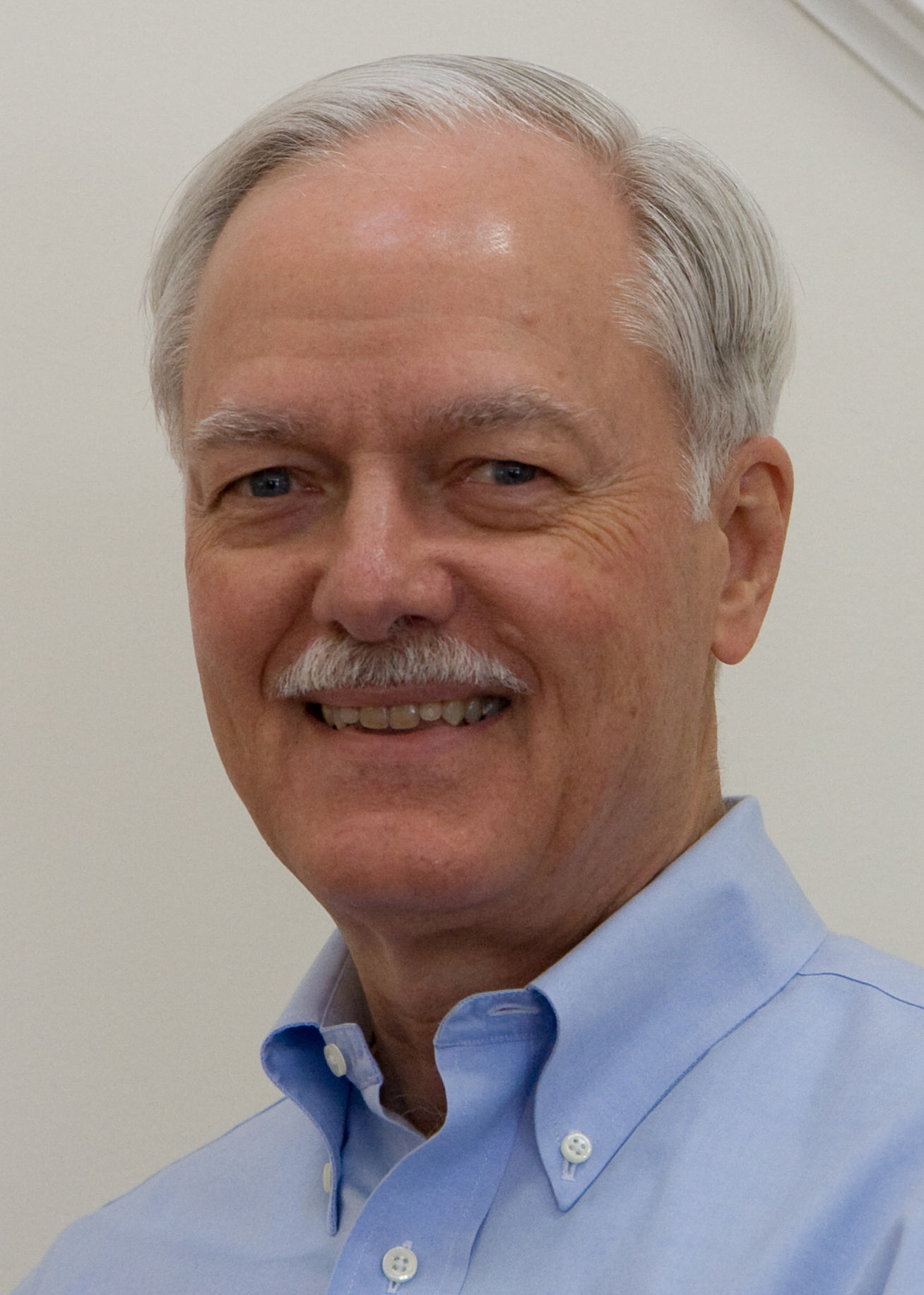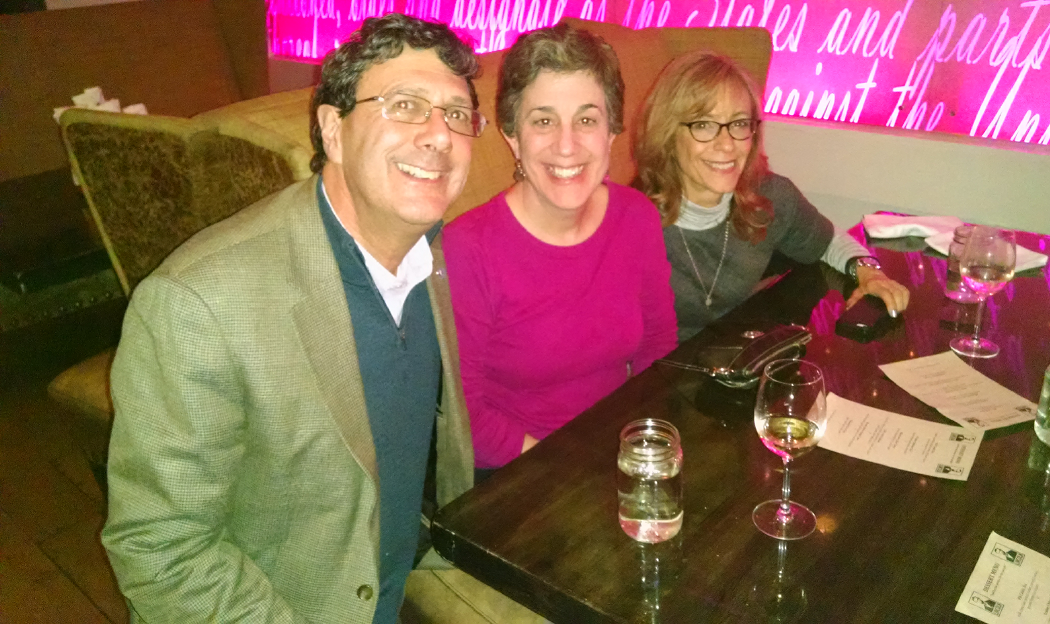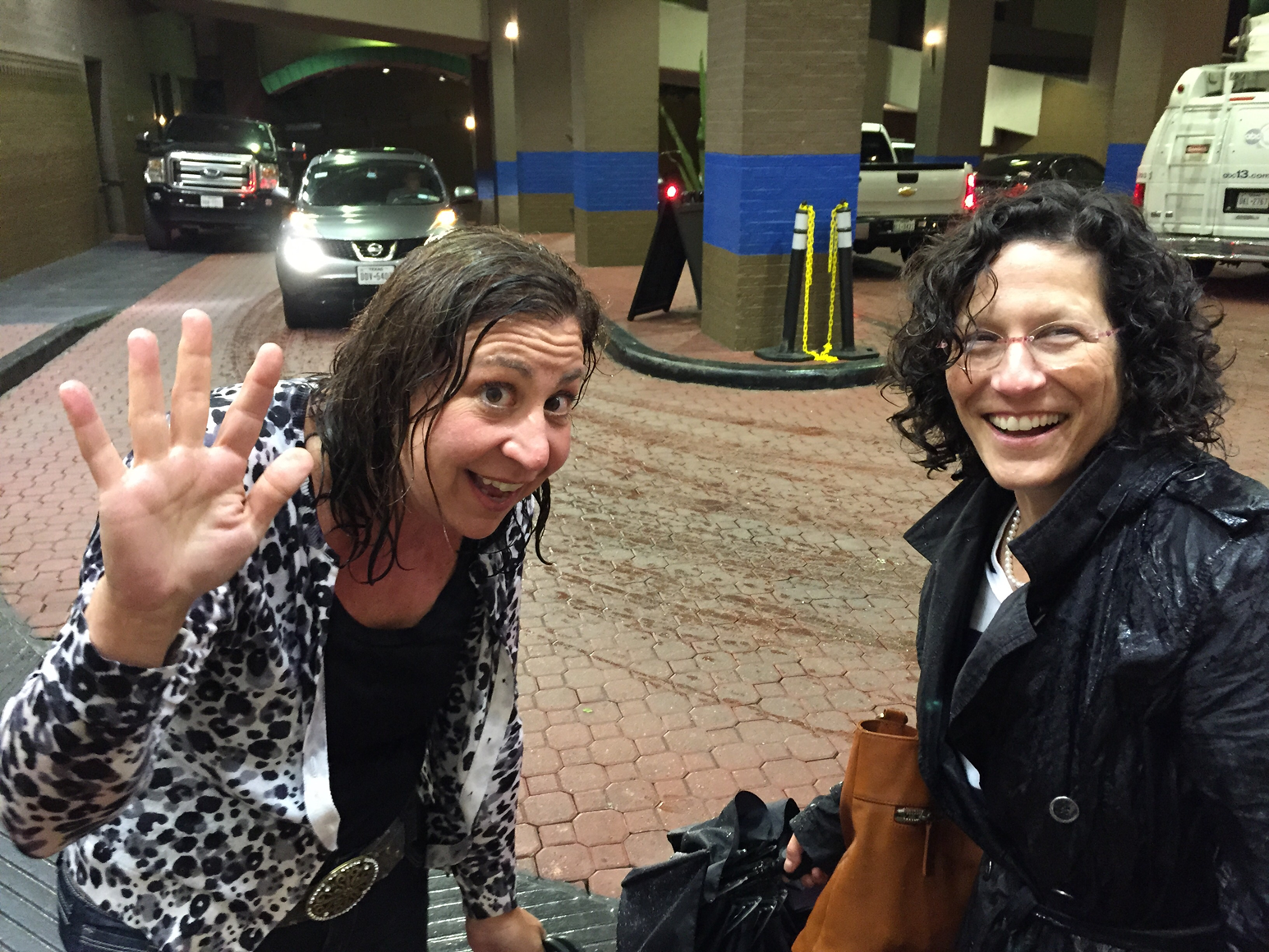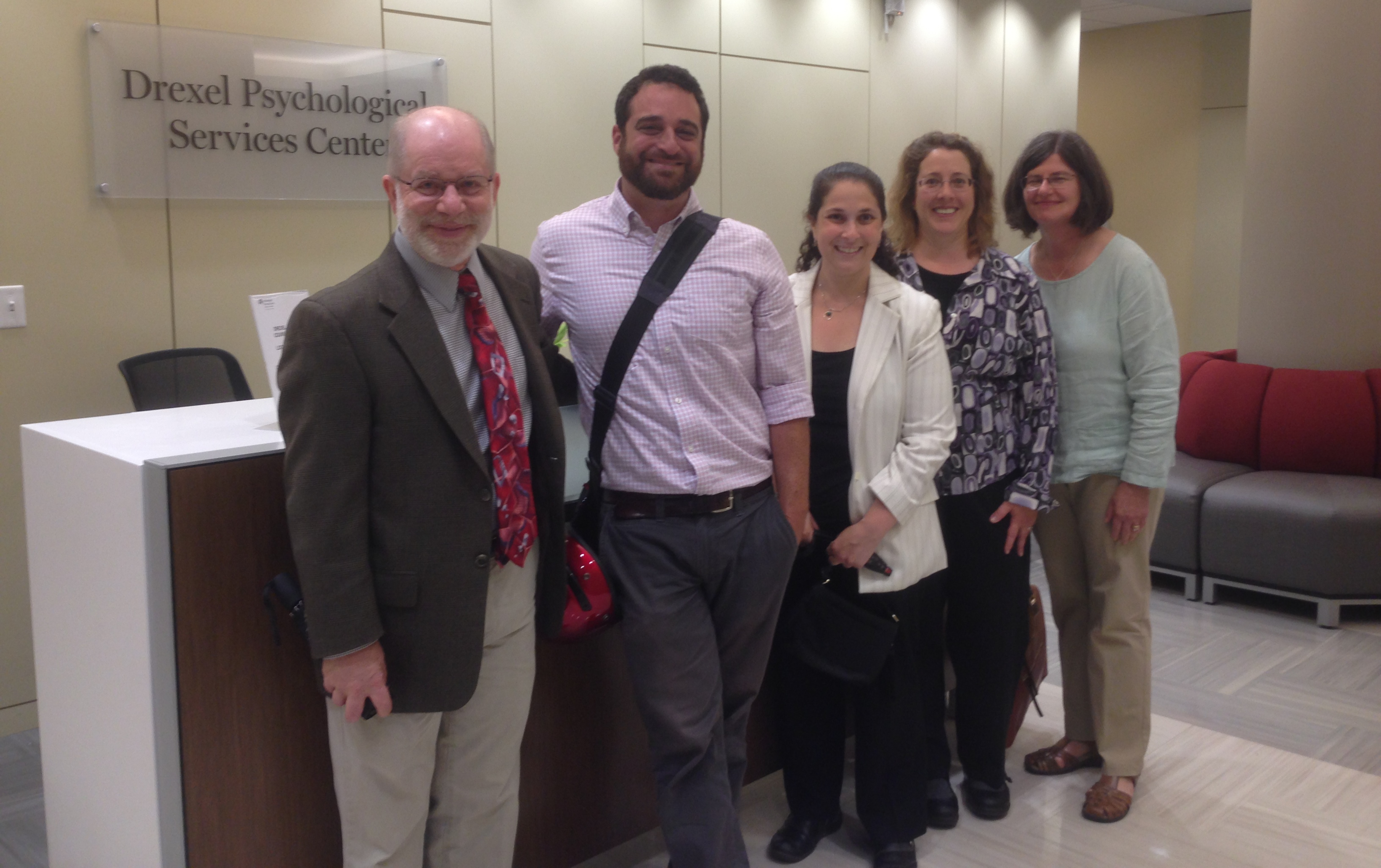Training directors hard at work! With
directors Tony Cellucci and Erica Wise, and fellow
psychologist Susan Whitbourne
CONGRATULATIONS!
Bob
Hatcher to receive the 2015 American
Psychological Association’s Distinguished Applications
of Psychology to Education and Training Award
 The award will be presented along with
other distinguished APA awards at the 2015 American
Psychological Association/American Psychological
Foundation Award Ceremony at the APA Convention in
Toronto, Canada.
The award will be presented along with
other distinguished APA awards at the 2015 American
Psychological Association/American Psychological
Foundation Award Ceremony at the APA Convention in
Toronto, Canada.
Sponsoring Division: APA
Session Type: Invited Address
Session Title: 2015
APA Distinguished Contributions of Applications of
Psychology to Education Award
Your Role: Participant/1stAuthor
Presentation Title: How to Make Creative Use of
Competency-Based Education
Date & Time: Sat 8/8/2015 03:00 PM - 03:50 PM
Location: Convention Centre Room 717B
And at the
Annual Meeting: Austin Texas April 16-19,
2015. . .
It rained.
While in Philly, they all got
together.
Bruce Zahn,
Philadelphia College of Osteopathic Medicine, Mary Lazar,
Widener University, Catherine Panzarella, Temple University,
Josh Saks, Chestnut Hill College, and Jen Schwartz, Drexel
University had a great time talking shop and comparing
experiences.


 The award will be presented along with
other distinguished APA awards at the 2015 American
Psychological Association/American Psychological
Foundation Award Ceremony at the APA Convention in
Toronto, Canada.
The award will be presented along with
other distinguished APA awards at the 2015 American
Psychological Association/American Psychological
Foundation Award Ceremony at the APA Convention in
Toronto, Canada. 
